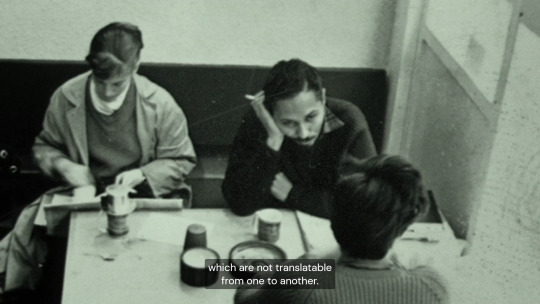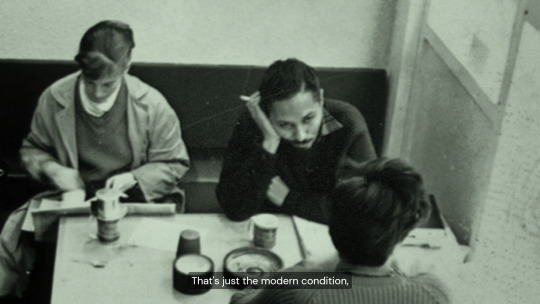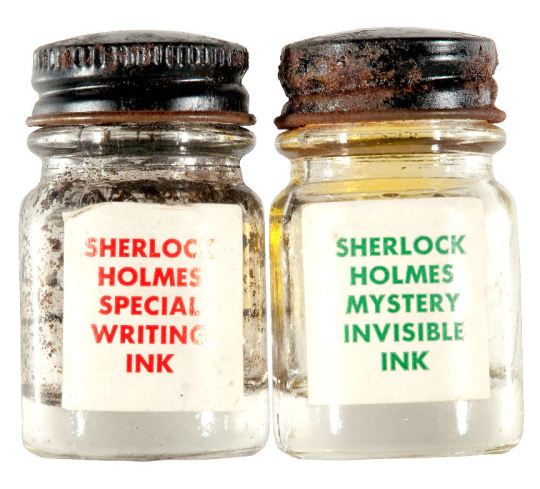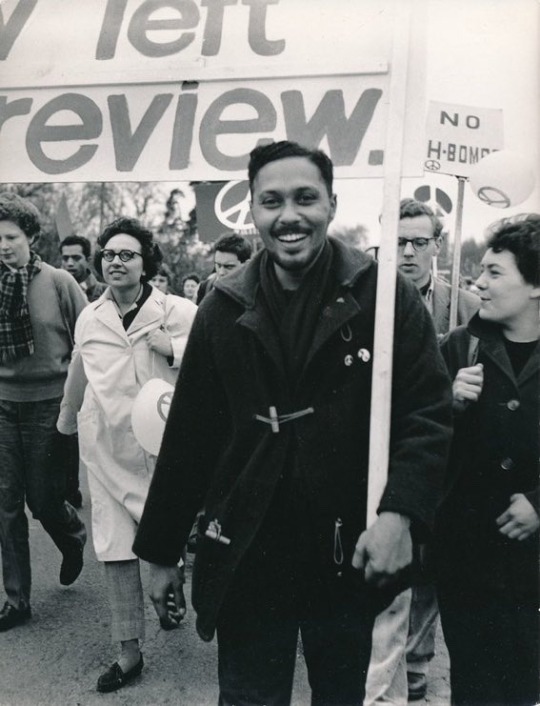#Stuart Hall
Explore tagged Tumblr posts
Text








THE STUART HALL PROJECT (2013) dir. JOHN AKOMFRAH
76 notes
·
View notes
Text

Edward Said
#edward said#jurgen habermas#gilles deleuze#tzvetan todorov#jacques derrida#raymond williams#stuart hall
343 notes
·
View notes
Text

Immeuble 1940, à Armadale, Australie. Conçu par Stuart Hall. (Source des photos realestate com au; crédit au photographe original). - source Sally Jo.
34 notes
·
View notes
Text
The songs are about me, actually …
I know swifties have been trained for years and years to read taylor swift’s songs as autobiographical. But idk it just feels so reductive and boring to look for clues about her personal and dating life in order to decode her lyrics. Even if you think the intention of the author is relevant in any way, swift herself said that her songs’ inspirations can’t simply be found via “paternity test”.
But I really don’t think we should care what swift intended the song to mean. I’m begging y’all to consider these lyrics as polysemic texts. First of all, let’s be honest and admit that the persona fed to the public isn’t actually taylor swift and we probably don’t know much about her personal life anyway. So people basically use a fictional character and narrative to apply these songs to. In that case, why not divorce the fictionalized author from the text in the first place? I know we throw around “Death of the author” in fandom spaces all the time but I think it’s something to consider here. Make your own meaning. The songs are about what you want them to be. The songs are about your OTP. The songs are about you.
#ts ttpd#the tortured poets department#taylor swift#new criticism#stuart hall#roland barthes#reception theory#literary theory#ttpd#No seriously I don’t care about matty Healy or Joe Alwin or Diana agron or whoever#this discourse is boring
13 notes
·
View notes
Text





The Stuart Hall Project (2013)
21 notes
·
View notes
Text
Almost all the media coverage of AIDS has been aimed at the heterosexual groups now minimally at risk, as if the high-risk groups were not part of the audience. And in a sense, as Watney suggests, they’re not. The media targets “an imaginary national family unit which is both white and heterosexual” (p. 43). This doesn’t mean that most TV viewers in Europe and America are *not* white and heterosexual and part of a family. It does, however, mean, as Stuart Hall argues, that representation is very different from reflection: “It implies the active work of selecting and presenting, of structuring and shaping: not merely the transmitting of already-existing meaning, but the more active labour of *making things mean*” (quoted p. 124). TV doesn't make the family, but it makes the family *mean* in a certain way. That is, it makes an exceptionally sharp distinction between the family as a biological unit and as a cultural identity, and it does this by teaching us the attributes and attitudes by which people who thought they were already in a family actually only *begin to qualify* as belonging to a family. The great power of the media, and especially of television, is, as Watney writes, “its capacity to manufacture subjectivity itself” (p. 125), and in so doing to dictate the shape of an identity. The “general public” is at once an ideological construct and a moral prescription. Furthermore, the definition of the family *as an identity* is, inherently, an exclusionary process, and the cultural product has no obligation whatsoever to coincide exactly with its natural referent. Thus the family identity produced on American television is much more likely to include your dog than your homosexual brother or sister.
—Leo Bersani, “Is the Rectum a Grave?” (1987)
#queer theory#queer studies#HIV/AIDS#1980s#reaganism#leo bersani#stuart hall#cultural studies#critical theory#intellectual history
31 notes
·
View notes
Text
Men only have two moods


68 notes
·
View notes
Text
The question [about cultural identity] is not who we are but who we can become. The task of theory in relation to the new cultural politics of difference is not to think as we always did, keeping the faith by trying to hold the terrain together through an act of compulsive will, but to learn to think differently.
Stuart Hall, "Nations and Diasporas" in The Fateful Triangle: Race, Ethnicity, Nation
40 notes
·
View notes
Text



"Sherlock Holmes Writing Set" (Stuart Hall Co. Inc, 1946)
#sherlock holmes#sherlock holmes merchandise#merchandise#sherlock holmes writing set#1946#writing set#invisible ink#novelty stationary#vintage stationary#vintage#stuart hall#styart hall co inc
22 notes
·
View notes
Text
youtube
Professor Stuart Hall at the Inaugural Karl Marx Memorial Lecture, Sheffield, 1983
8 notes
·
View notes
Text

Stuart Hall, February 3, 1932 – February 10, 2014.
Easter 1961 Campaign for Nuclear Disarmament March.
61 notes
·
View notes
Text










THE STUART HALL PROJECT (2013) dir. JOHN AKOMFRAH
28 notes
·
View notes
Text
"Against the urgency of people dying in the streets, what in God's name is the point of cultural studies? At that point, I think anybody who is into cultural studies seriously as an intellectual practice, must feel, on their pulse, its ephemerality, its insubstantiality, how little it registers, how little we've been able to change anything or get anybody to do anything. If you don't feel that as one tension in the work that you are doing, theory has let you off the hook." -Stuart Hall
13 notes
·
View notes
Text
man adorno and horkheimer make me want to throw smth but stuart hall?
stuart hall is amazing. he writes simply, effectively. i didn't need to pick up a dictionary(aka my phone) even ONCE when i was doing his reading and i learnt sm. i got to immerse myself in the point he's making w/o being distracted by huge words and i respect him so much for that
academic writing that flows, that's easy to read and understand and yet doesn't dumbify what it's trying to convey can be rare and stuart hall did well at it. <3
10 notes
·
View notes
Video
youtube
In Conversation with Stuart Hall
4 notes
·
View notes
Text



The Stuart Hall Project (2013)
5 notes
·
View notes